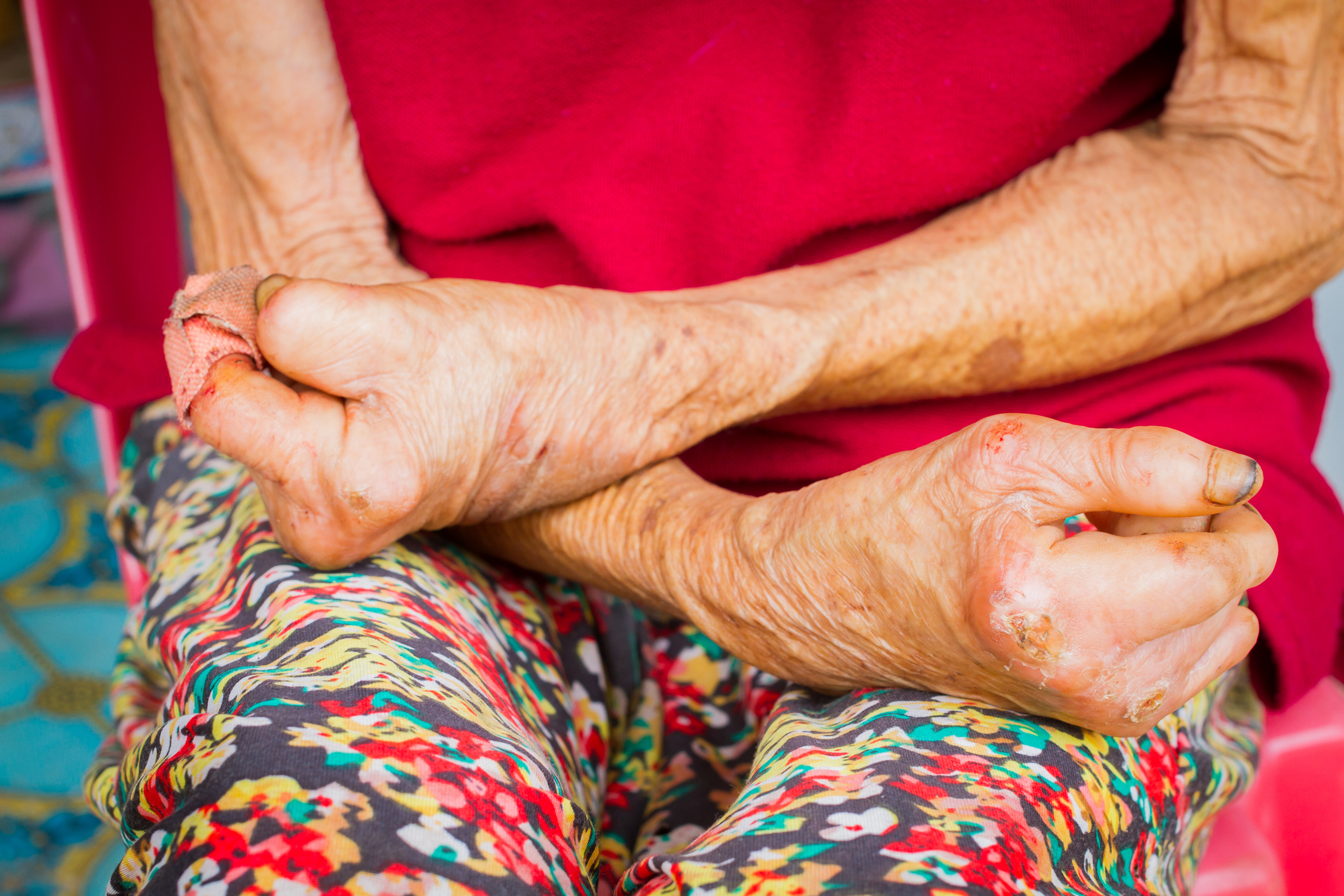2025-08-29
Holidays that heal
Psychiatry
By Ana Espino | Published on August 29, 2025 | 3 min read
#EmotionalDisorders #MentalHealth #Psychiatry
Emotional and behavioral disorders in children represent a major public health challenge, with consequences on personal development, academic learning, and social relationships. While school holidays provide children with much-needed rest, they may also expose some to a lack of stimulation, isolation, or environments that are not conducive to their psychological well-being. These idle periods can exacerbate inequalities, particularly for children from disadvantaged backgrounds who have limited access to enriching activities and positive social interactions.
Within this context, structured summer holiday programs offer a unique opportunity to promote psychological well-being, stimulate social skills, and strengthen children’s sense of belonging. Yet, few studies have rigorously assessed their true impact, and the approaches implemented vary widely depending on the setting.
This study was designed to evaluate, through a comparative protocol, the effect of a structured summer program on the mental health and well-being of children from diverse socio-economic backgrounds.
The study included 203 children aged 4 to 12, divided between a group participating in the summer program and a control group. The four-week program combined physical, creative, and educational activities with structured opportunities for socialization, supervised by trained facilitators. Primary outcomes included mental health, subjective well-being, and social skills.
Analyses showed that children who took part in the program experienced a significant improvement in emotional well-being and prosocial behaviors compared to the control group. Benefits were particularly marked among children from disadvantaged backgrounds, with a notable reduction in emotional symptoms and behavioral difficulties. The program also fostered the development of new friendships and strengthened social belonging. Positive effects persisted partially at the three-month follow-up assessment after the program ended.
Emotional and behavioral disorders in children remain widespread and represent a significant challenge. Their impact extends beyond the individual, influencing educational trajectories, social relationships, and broader aspects of healthy development. While summer holidays provide a welcome break from the school routine, they may paradoxically worsen certain difficulties when they lack structure or stimulation. Extended periods without organized educational or social frameworks can slow the acquisition of essential skills and reinforce inequalities—especially for children from disadvantaged backgrounds.
In this context, the study aimed to evaluate the impact of a structured summer program designed to offer varied and socially enriching activities on children’s mental health, well-being, and social behaviors. The findings highlight a tangible positive effect of such interventions, leading to improvements in emotional well-being, enhanced prosocial behaviors, and a stronger sense of group belonging. These benefits were particularly pronounced among the most vulnerable children, underscoring the importance of prioritizing at-risk populations.
However, the scope of these conclusions is limited by certain methodological constraints, including the relatively small sample size and short follow-up duration, which do not allow for a full assessment of the long-term sustainability of the observed effects. Future perspectives include replicating such programs on a larger scale, embedding them within public policies that combine education and health, and further exploring their long-term impact on children’s overall development, both academically and psychosocially.
About the author – Ana Espino
As a scientific writer, Ana is passionate about bridging the gap between research and real-world impact. With expertise in immunology, virology, oncology, and clinical studies, she makes complex science clear and accessible. Her mission: to accelerate knowledge sharing and empower evidence-based decisions through impactful communication.
#EmotionalDisorders #MentalHealth #Psychiatry
Emotional and behavioral disorders in children represent a major public health challenge, with consequences on personal development, academic learning, and social relationships. While school holidays provide children with much-needed rest, they may also expose some to a lack of stimulation, isolation, or environments that are not conducive to their psychological well-being. These idle periods can exacerbate inequalities, particularly for children from disadvantaged backgrounds who have limited access to enriching activities and positive social interactions.
Within this context, structured summer holiday programs offer a unique opportunity to promote psychological well-being, stimulate social skills, and strengthen children’s sense of belonging. Yet, few studies have rigorously assessed their true impact, and the approaches implemented vary widely depending on the setting.
This study was designed to evaluate, through a comparative protocol, the effect of a structured summer program on the mental health and well-being of children from diverse socio-economic backgrounds.
Could summer make children happier?
The study included 203 children aged 4 to 12, divided between a group participating in the summer program and a control group. The four-week program combined physical, creative, and educational activities with structured opportunities for socialization, supervised by trained facilitators. Primary outcomes included mental health, subjective well-being, and social skills.
Analyses showed that children who took part in the program experienced a significant improvement in emotional well-being and prosocial behaviors compared to the control group. Benefits were particularly marked among children from disadvantaged backgrounds, with a notable reduction in emotional symptoms and behavioral difficulties. The program also fostered the development of new friendships and strengthened social belonging. Positive effects persisted partially at the three-month follow-up assessment after the program ended.
When play helps children grow
Emotional and behavioral disorders in children remain widespread and represent a significant challenge. Their impact extends beyond the individual, influencing educational trajectories, social relationships, and broader aspects of healthy development. While summer holidays provide a welcome break from the school routine, they may paradoxically worsen certain difficulties when they lack structure or stimulation. Extended periods without organized educational or social frameworks can slow the acquisition of essential skills and reinforce inequalities—especially for children from disadvantaged backgrounds.
In this context, the study aimed to evaluate the impact of a structured summer program designed to offer varied and socially enriching activities on children’s mental health, well-being, and social behaviors. The findings highlight a tangible positive effect of such interventions, leading to improvements in emotional well-being, enhanced prosocial behaviors, and a stronger sense of group belonging. These benefits were particularly pronounced among the most vulnerable children, underscoring the importance of prioritizing at-risk populations.
However, the scope of these conclusions is limited by certain methodological constraints, including the relatively small sample size and short follow-up duration, which do not allow for a full assessment of the long-term sustainability of the observed effects. Future perspectives include replicating such programs on a larger scale, embedding them within public policies that combine education and health, and further exploring their long-term impact on children’s overall development, both academically and psychosocially.
About the author – Ana Espino
PhD in Immunology, specialized in Virology

Last press reviews
Leprosy: a disease still beyond control

By Ana Espino | Published on January 22, 2026 | 3 min read...
Parental alcohol intoxication: the hidden impact on children’s mental health

By Carolina Lima | Published on January 19, 2026 | 3 min read
